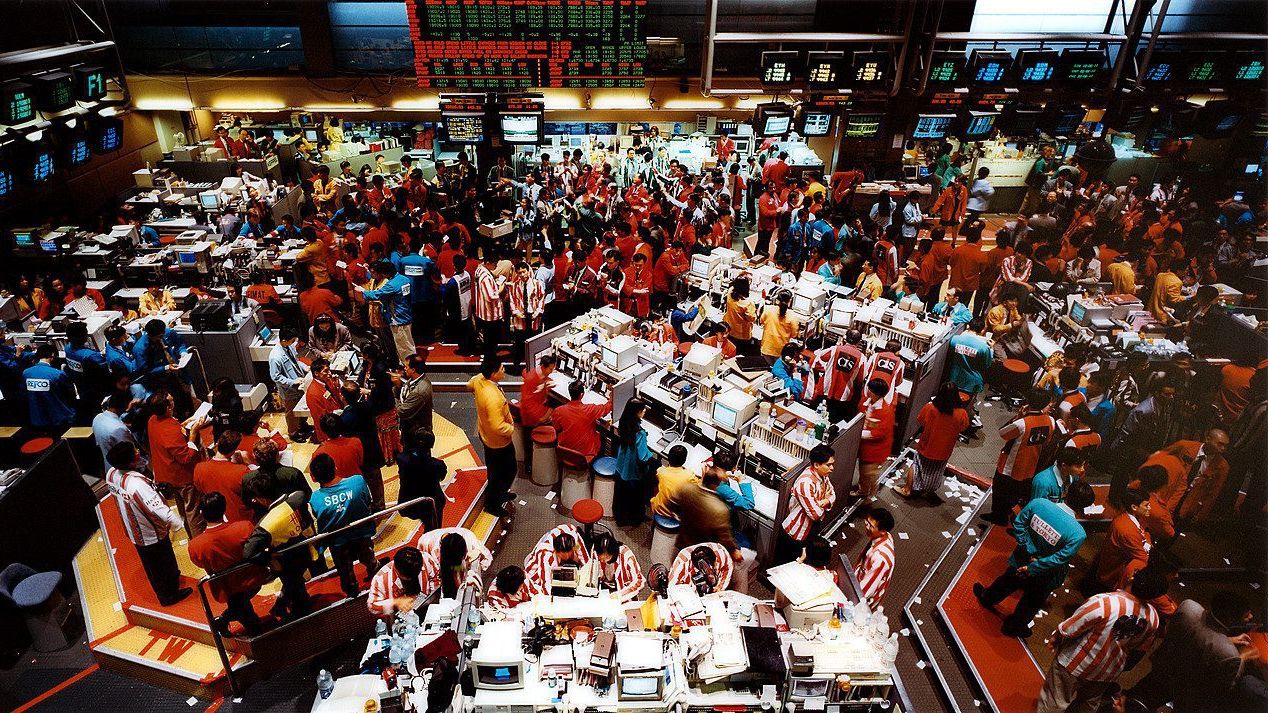
Watches -- 13 days ago

Twenty-five years after publishing his autobiography from a Singapore prison cell, Nick Leeson, the infamous derivatives trader who brought down Barings Bank, is back…
‘The bell chimed for eight o’clock, and within one and a half seconds, the time it took for everyone to fill their lungs, the noise level exploded from a loud hubbub of chatter into a deafening roar… My products were notionally called Japanese Government Bonds, or futures, or options, but nobody cared what the hell they were. They were just numbers to be bought and sold. It was like trading ether.’
Discover the perks of being a member
| Clubhouse Membership | |
|---|---|
| Two Magazines per yearDelivered to your door | |
| Full Access to Paywall contentAccess to all member-only online features | |
| Membership Cardto redeem all the perks. | |
| Members Invites to Exclusive Eventsto private Clubhouse events | |
| Weekly newsletter Straight to your inbox | |
To receive the latest in style, watches, cars and luxury news, plus receive great offers from the world’s greatest brands every Friday.
